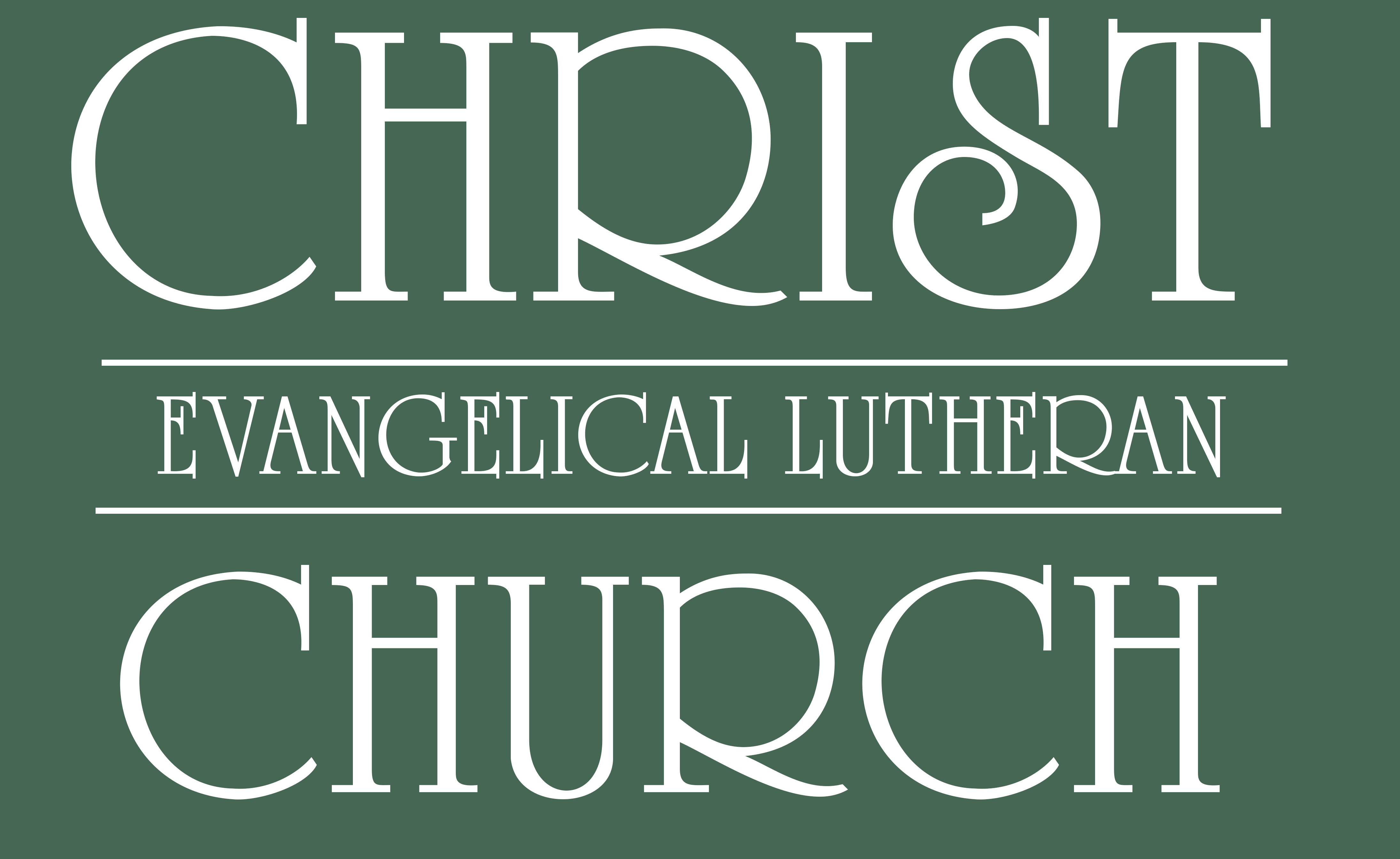Scripture
Then he (Jesus) looked up at his disciples and said: “Blessed are you who are poor, for yours is the kingdom of God. Blessed are you who are hungry now, for you will be filled. Blessed are you who weep now, for you will laugh. Blessed are you when people hate you, and when they exclude you, revile, you, and defame you on account of the Son of Man. Rejoice in that day and leap for joy, for surely your reward is great in heaven; for that is what their ancestors did to the prophets.”
St. Luke 6.20-23
Commemoration
Benedict, the father of Western monasticism, was born to a distinguished family in central Italy ca. 480. He studied in Rome where he was influenced by the Byzantine monastic centers. He was offended by the licentiousness of contemporary society and withdrew to become a hermit in a grotto, about forty miles west of Rome. Disciples soon came to him, causing him to turn from solitary life to the communal. He created twelve monasteries of twelve monks each. He was apparently not ordained and did not contemplate an order for the clergy.
He took his community to Monte Cassino, a fortified hill midway between Rome and Naples, where he created places of Christian prayer consecrated to John the Baptist and St. Martin. Monte Cassino remained the principal monastery, although another was founded in Terracina. Benedict kept in careful touch with other monastic leaders and composed his famous Rule. this Rule is relatively short and is marked by a spirit of “prudent leniency” compared to other monastic rules, and fixes a daily routine of common worship, labor and rest.
Around 577, the Lombards destroyed Monte Cassino. When it was restored a century and a half later, a cult developed around the tomb of Benedict. Although he died on March 21, July 11 has been established as his special “day” in the church calendar. In 1944 the monastery at Monte Cassiuno was again destroyed in an Allied attack on a Nazi stronghold, but it has since been restored.
The order that grew up around Benedict became the abundant stream that eventually gave life to nearly all western monasticism. His faith was marked by a quiet and very practical confidence that God will care for and make order of our lives. Benedict understood that Christ visits us as the guest, and that the attention of others is less an intrusion in our lives, than it is a gift to be cherished. His life was marked by openness to all those who desired a closer relationship with God.
— from Festivals and Commemorations by Phillip Pffateicher
and Brightest and Best by Sam Portaro
A Reading
[from the Rule of St. Benedict]
We believe God is everywhere, and His eye beholds the good and wicked wherever they are; so we ought to be particularly assured of His special presence when we (worship). . . We must always remember the advice of the prophet, “To serve God in fear”: “to sing wisely”: and that “the angels are witnesses of what we sing.” Let us then reflect what behavior is proper for appearing in the presence of God and the angels, and so sing our psalms that the mind may echo in harmony with the voice.
If we want to ask a favor of any person of power, we presume not to approach but with humility and respect. How much more ought we to address ourselves to the Lord and God of all things with a humble and entire devotion? We are not to imagine that our prayers shall be heard because we use many words, but because the heart is pure and the spirit penitent. Therefore prayer must be short and pure, unless it be prolonged by a feeling of divine inspiration. Prayer in common ought always to be short.
Prayer
Lord God, you have surrounded us with so great a cloud of witnesses. Grant that we, encouraged by the example of your servant Benedict, may persevere in the course that is set before us, to be living signs of the Gospel and at last, with all the saints, to share in your eternal joy; through your Son, Jesus Christ our Lord. AMEN
— Pastor Stickley
